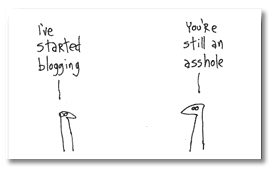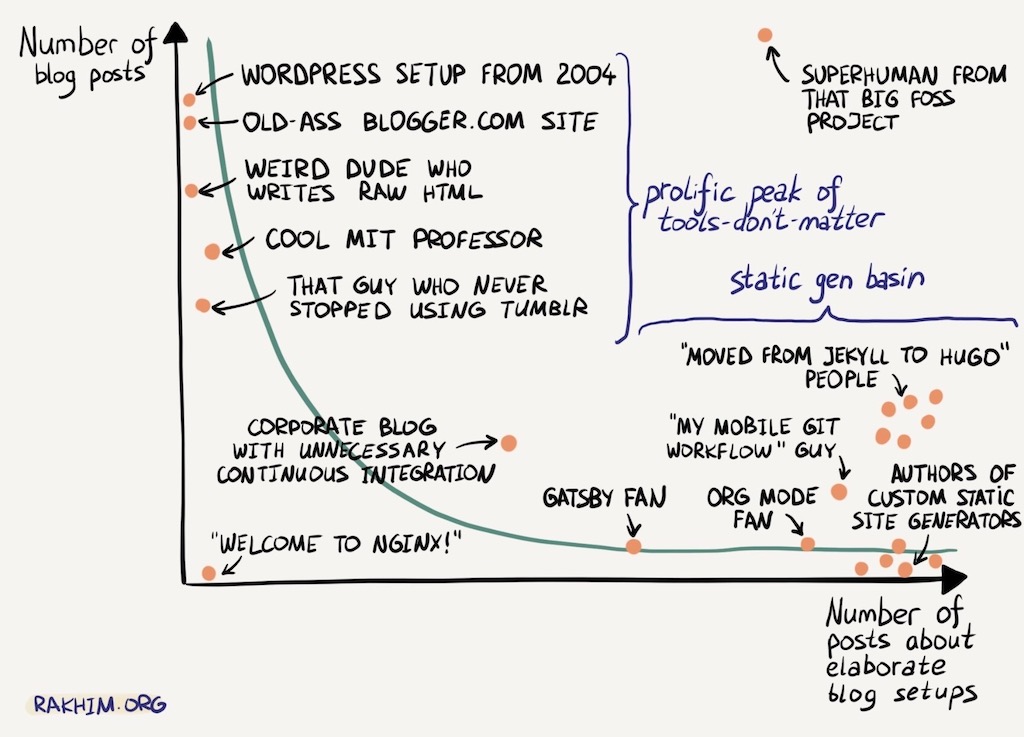 Twenty years ago (February 2, 2002) I posted my first entry here at smays.com. 5,981 posts. About 25 posts a month, 299 posts a year. My original tag line was, “I really have to start writing some of this down.” I’d hear or read a memorable quote and wanted a place to put it where I could find it later. A place where I could add some context to a photo or video clip, although video was really hard to do in those days. Took forever to encode and even longer to upload. I made the clips tiny to keep the file size small. The media archive contains 2,982 images; 191 video clips (with lots of links to YouTube); and 86 audio files.
Twenty years ago (February 2, 2002) I posted my first entry here at smays.com. 5,981 posts. About 25 posts a month, 299 posts a year. My original tag line was, “I really have to start writing some of this down.” I’d hear or read a memorable quote and wanted a place to put it where I could find it later. A place where I could add some context to a photo or video clip, although video was really hard to do in those days. Took forever to encode and even longer to upload. I made the clips tiny to keep the file size small. The media archive contains 2,982 images; 191 video clips (with lots of links to YouTube); and 86 audio files.
From the beginning I’ve been diligent about categories (30) and tags (228). Metadata. Only found half a dozen I missed, now fixed. A few of my categories: Books (438), Family/Friends (583), Gadgets/apps (492), Internet (796), Media/Entertainment (1,185), Politics/gov (552), Sci/Tech (613), Miscellany (689), Video. You can see the full list in the sidebar.
For me tags are the most important part of a blog spanning two decades. Can’t imagine finding anything without them. A few examples: Blogging (346), Consciousness (102), Dogs (152), Google (230), Music (209), Television (157). With almost 6,000 posts, you don’t know what to search for if you don’t know it’s there. Tagging addresses that.
Many people will highlight portions of text or make margin notes while reading a book. But how would you ever find that bit later? Flip thorough all the pages? And that require you remember the quote you’re looking for. When I finish a a book (usually this is with non-fiction) I transcribe anything I underlined, and turn that into a blog post. WordPress does such a good job indexing posts I can search for some obscure word or phrase –even if I don’t remember the title of the book– and I’ve got it.
When I was working with clients (15 years ago?), helping them set up a blog and make their first post, one of two things would happen: There would be a dozen posts within 24 hours (very rare); or they wouldn’t post again for weeks. They wanted to have a blog, just just didn’t want to write blog posts. I believe there is blogging gene. You have it or you don’t.
Another pitfall I’ve mostly avoided is the need to make every post a brilliant essay. They do this because they expect people to read their blog and they want every post to be a work of art. I knew from the beginning it was unlikely anyone would read my blog. Not with any regularity. This was liberating. If I found something interesting (to me) in the New York Times, for example, I could copy a couple of grafs and paste to my blog with a link back to the original NYT story and done.
Social media platforms have pretty much killed off blogs. Nobody expects much effort for those posts. (They even have a name for them: “shitposts“) And in ten minutes every post is washed away in the stream. And those LIKES make you think someone is reading what you posted.
I was hooked on blogging from the beginning and believed it was/would be an important part of the Internet. I was wrong about that but that’s okay. From time to time I think about what will become of smays.com when I’m gone. Is there any way to keep it live, just as an archive of course? Probably not. The WayBack Machine (Internet Archive) has some of it. And that’s good enough.


